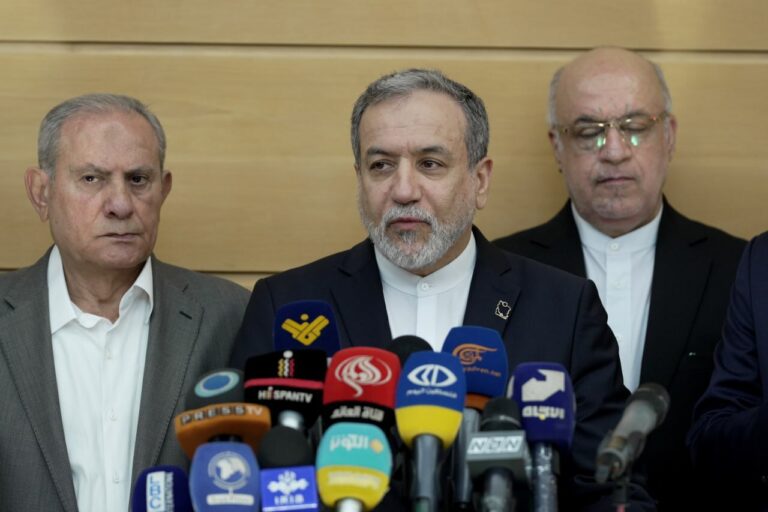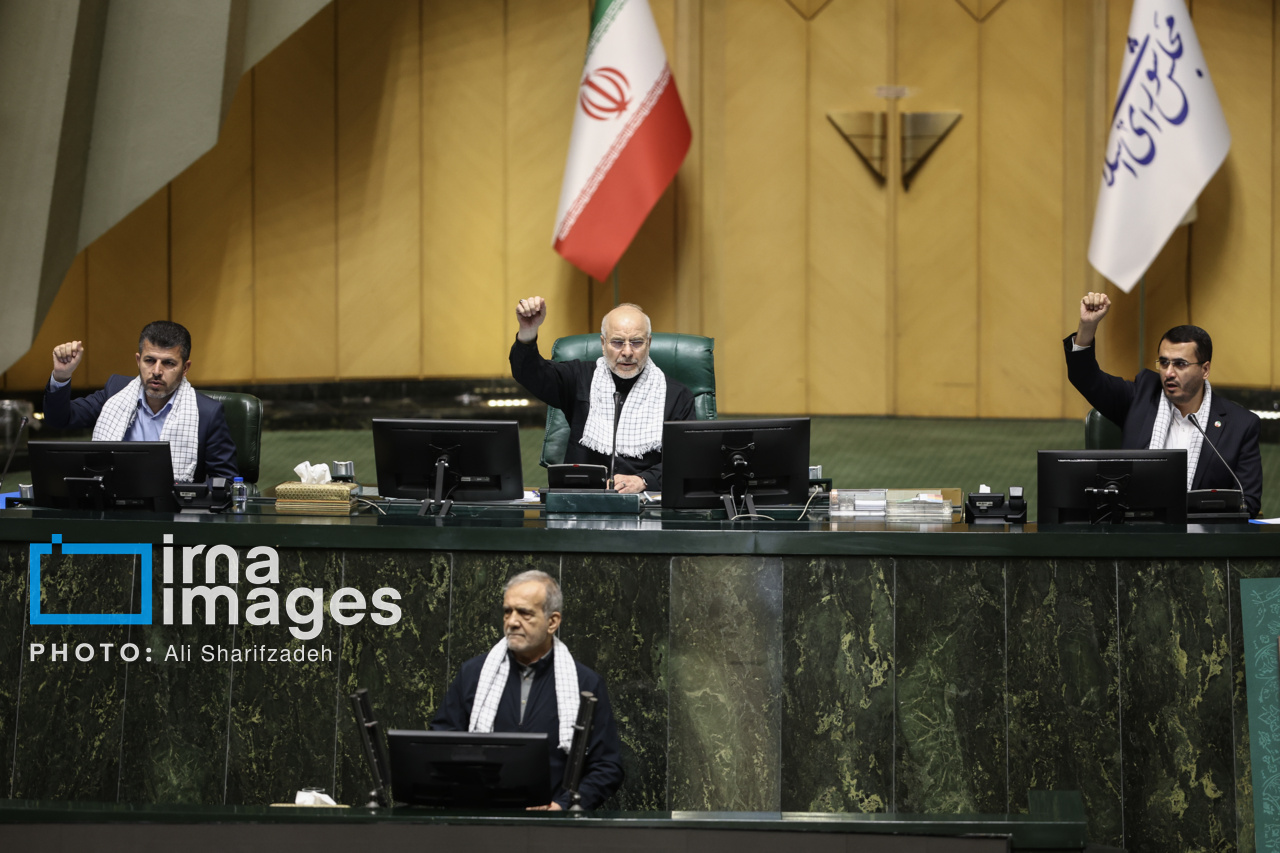
Similar Posts
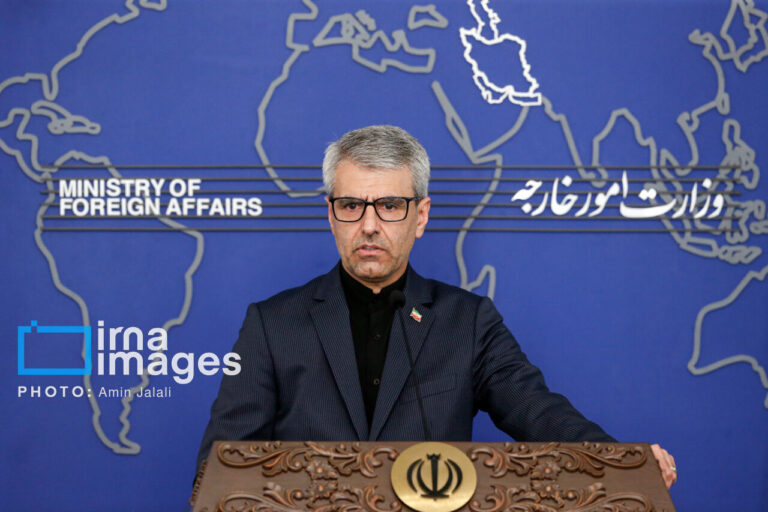
Iran Urges Germany to Investigate WWII-Era Chemical Weapons Supply to Iraq
Iran’s Foreign Ministry spokesperson, Esmaeil Baqaei, urged Germany to establish a mechanism to investigate its historical role in supplying chemical weapons to Iraq during Saddam Hussein’s regime. This plea coincides with the anniversary of the Chemical Weapons Convention, which seeks to prevent chemical warfare. Baqaei stressed that uncovering the truth is essential for justice, particularly regarding the support provided to Saddam’s chemical weapons program. The Iraq-Iran War saw over 500 chemical attacks, resulting in thousands of Iranian casualties. Baqaei’s statement highlights ongoing health issues faced by survivors, compounded by Western sanctions limiting access to medical supplies.
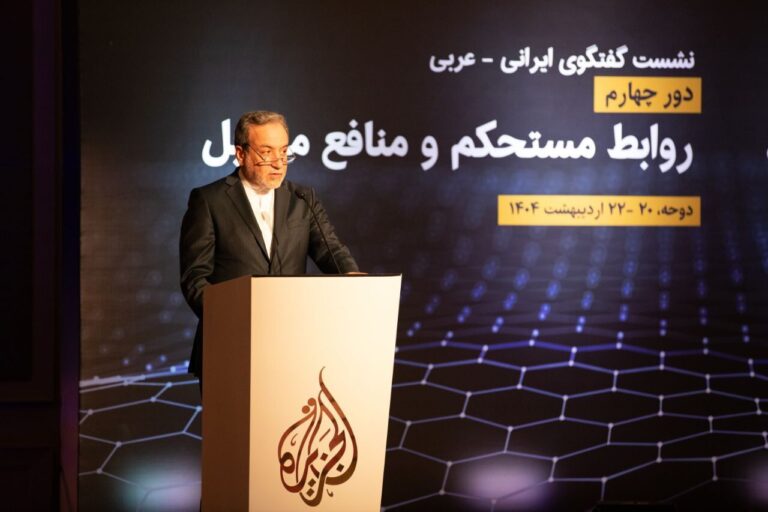
Iran Asserts Right to Peaceful Nuclear Energy Use, Including Enrichment
Iranian Foreign Minister Abbas Araqchi reaffirmed that Iran forbids the acquisition and use of nuclear weapons, emphasizing its commitment to the international non-proliferation regime while asserting its right to peaceful nuclear energy and enrichment. Speaking at the 4th Iran and Arab World Conference in Doha on May 10, 2025, he stated that Iran does not seek nuclear weapons and supports a nuclear-weapon-free zone in West Asia. Araqchi urged Western nations to avoid double standards on nuclear issues and confirmed ongoing dialogues with the US, Europe, Russia, and China regarding these matters.
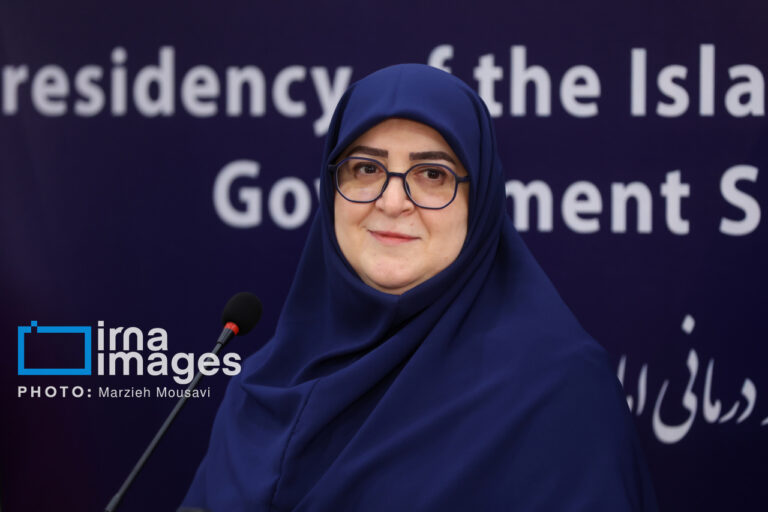
Persian Gulf: A Cornerstone of Iran’s Rich Historical Identity, Says Administration Spokesperson
Iranian administration spokesperson Fatemeh Mohajerani defended the term “Persian Gulf,” emphasizing its historical significance to Iran amidst reports of a potential name change suggested by the U.S. She expressed concerns on her X account about a U.S. initiative to alter the name, stating it undermines Iran’s identity. Mohajerani insisted that attempts to change the name would not provoke Iranian citizens but would diminish the credibility of those proposing it. Foreign Minister Abbas Araqchi condemned the initiative as politically motivated, viewing it as a reflection of hostile intentions toward Iran. The discussions highlight the Persian Gulf’s historical importance in international relations.
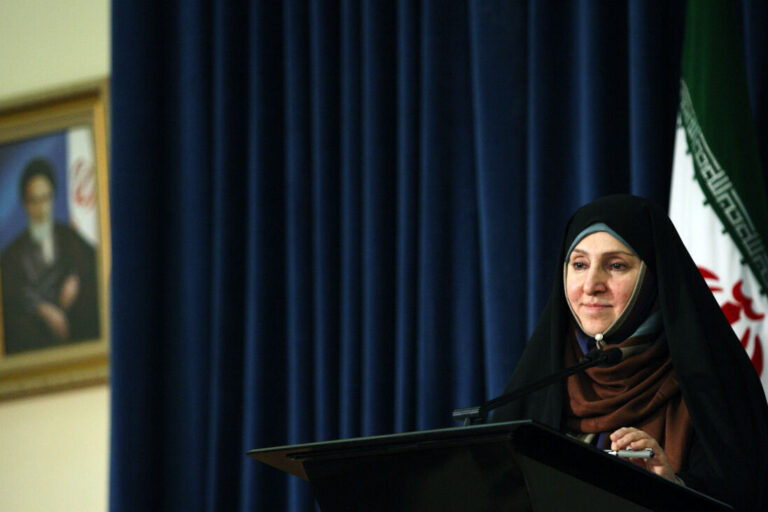
Tehran Dismisses European Parliament Resolution Against Iran as Legally Baseless
The European Parliament’s recent resolution criticizing Iran’s human rights practices, particularly regarding women’s rights, has drawn strong condemnation from Iran’s Foreign Ministry. Marzieh Afkham, Director General of the Human Rights and Women’s Affairs Department, described the resolution as irresponsible and lacking legal basis, asserting that Iran’s judiciary operates independently and fairly. She rejected foreign interference in Iran’s judicial matters, defended the role of the Islamic Revolution Guards Corps (IRGC) in national security, and warned that disrespect towards the IRGC would provoke a strong response. Afkham urged the European Parliament to engage positively and uphold international obligations for peace and stability.
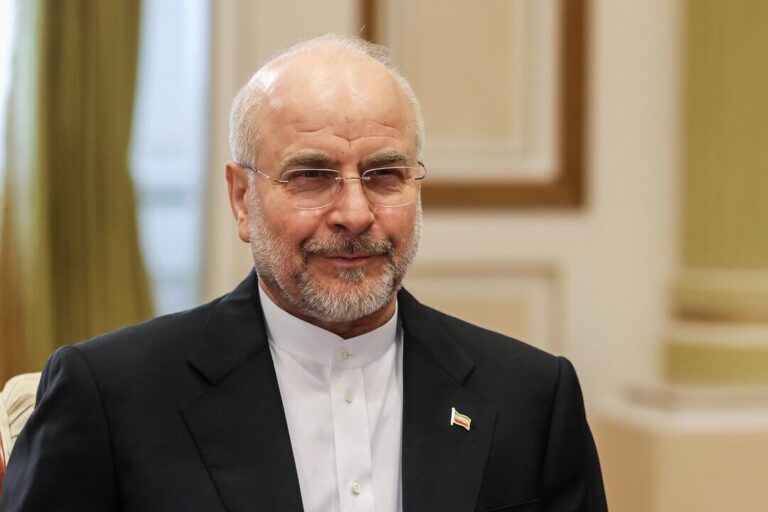
Iran’s Parliament Speaker to Honor Late Hezbollah Leader Nasrallah at His Funeral in Lebanon
Parliament Speaker Mohammad-Baqer Qalibaf will travel to Lebanon this Sunday to attend the funeral of prominent Hezbollah leaders, reflecting ongoing regional political dynamics. Accompanied by Iranian officials and lawmakers, Qalibaf will honor Sayyed Hassan Nasrallah, the former Hezbollah secretary-general assassinated in an Israeli airstrike, and his deputy Sayyed Hashem Safieddine, killed shortly after. The funeral in southern Lebanon signifies a pivotal moment for Hezbollah and its supporters, emphasizing Iran’s influence in regional affairs and the implications for broader geopolitical issues. Nasrallah’s leadership spanned 32 years, and he was 64 at the time of his death.
